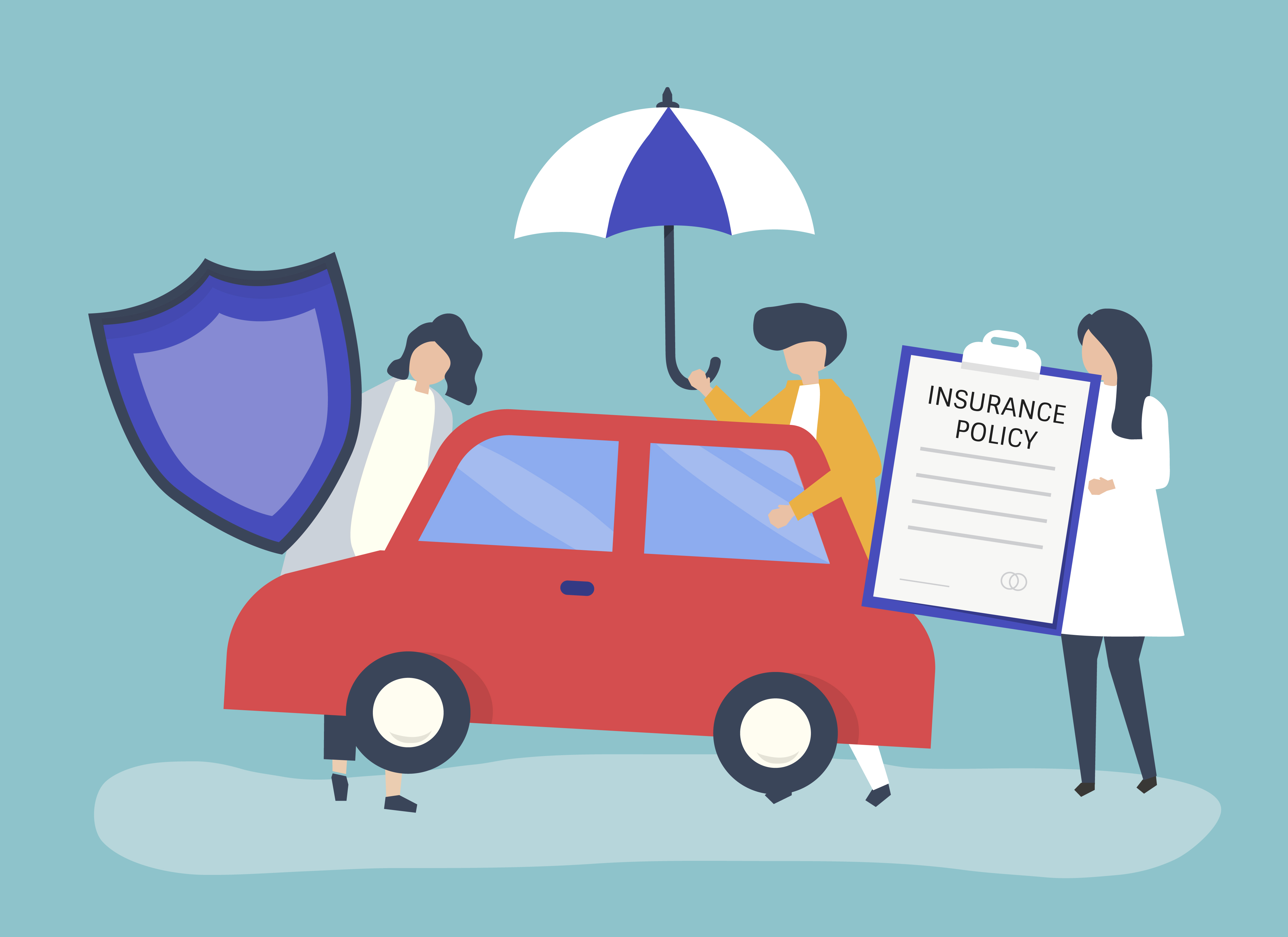Connecting the Dots: Credit Scores and Your Car Insurance Costs

When it comes to managing your financial health, credit scores often take centre stage. But did you know that your credit score can also influence your car insurance costs? While we often associate credit scores with loan approvals and interest rates, they also play an important role in determining insurance premiums. This connection, though not immediately apparent, is rooted in how insurers evaluate risk. Here explore the intricate link between your credit score and your car insurance rates and actionable tips to keep those premiums in check.
What is a Credit Score, and Why Does it Matter?
Your credit score is a numerical representation of your financial reliability. Ranging from 300 to 900, a higher score signals to lenders and insurers that you are a low-risk individual. Key factors that influence your credit score include:
- Payment History: Timely repayment of loans and credit card bills.
- Credit Utilisation: The ratio of credit used to your total credit limit.
- Length of Credit History: The duration of your credit accounts.
- Credit Mix: A variety of credit types, such as loans and credit cards.
In the context of third-party car insurance, insurers often use a credit-based insurance score derived from your credit history to gauge the likelihood of timely premium payments or filing a claim.
Ways to Improve Your Credit Score and Lower Car Insurance Premiums
If you’re paying higher premiums due to a low credit score, there are steps you can take to turn the tide:
1. Pay Bills on Time
Your payment history carries significant weight in determining your credit score. Timely payment of loans, credit card bills, and other financial obligations can improve your score and make you a more attractive customer to insurers.
2. Reduce Credit Utilisation
Aim to keep your credit utilisation below 30%. This indicates financial stability and enhances your credit profile. For example, if your total credit limit is INR 1,00,000, try not to exceed INR 30,000 in outstanding credit.
3. Monitor Your Credit Report
Regularly review your credit report for errors or inaccuracies. Even a small discrepancy can hurt your score. If you spot any errors, report them to the credit bureau and have them rectified promptly.
4. Avoid Excessive Credit Applications
Applying for multiple credit cards or loans in a short span can trigger hard inquiries, which negatively impact your credit score. Be strategic and apply for credit only when absolutely necessary.
5. Diversify Credit Types
Managing different types of credit, such as personal loans, credit cards, and retail accounts, can demonstrate financial responsibility. However, ensure you don’t overextend yourself.
Other Ways to Lower Car Insurance Costs
In addition to improving your credit score, there are other strategies to reduce your car insurance premiums:
- Opt for a Higher Deductible: A higher deductible can significantly lower your premiums. However, this option is available only for comprehensive policies, not for third-party car insurance.
- Bundle Policies: If you hold multiple policies, such as health and car insurance, bundling them with the same insurer can result in offers.
- Shop Around: Comparing quotes from various insurers can help you find a plan that aligns with your budget. Utilise online calculators to estimate your premiums before making a decision.
Why Credit Scores Are Crucial for Third-Party Car Insurance?
Although the Insurance Regulatory and Development Authority of India (IRDAI) sets fixed rates for third-party car insurance, a good credit score can still benefit you when purchasing additional coverage or comprehensive policies. It demonstrates your reliability and can streamline the policy approval process.
Your credit score is more than just a financial number—it’s a gateway to better financial and insurance opportunities.
To make the most of your credit score, practice good financial habits, monitor your reports, and stay proactive in improving your credit health. When buying car insurance, don’t hesitate to compare rates and opt for an insurer that values your financial discipline. With consistent effort, you can bridge the gap between a robust credit profile and cost-effective insurance coverage.
By connecting the dots between your credit score and car insurance, you pave the way for smarter financial and insurance decisions—giving you the protection you need without breaking the bank.
(Disclaimer: Devdiscourse's journalists were not involved in the production of this article. The facts and opinions appearing in the article do not reflect the views of Devdiscourse and Devdiscourse does not claim any responsibility for the same.)










